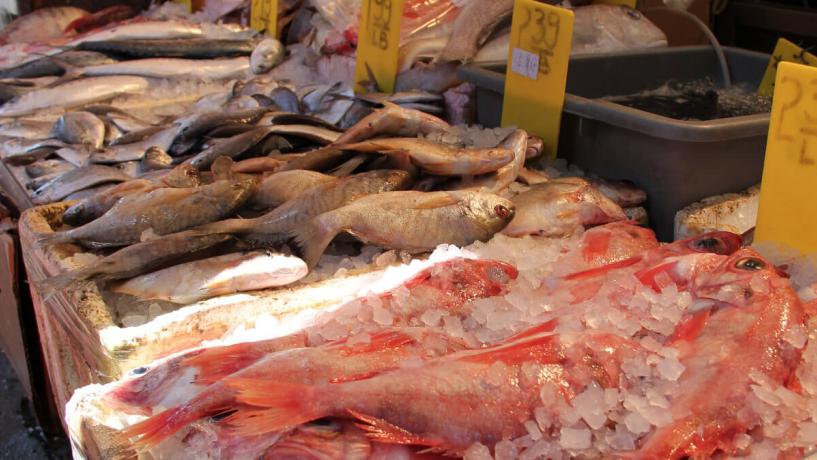
Townsville has reportedly seen 10 new cases of ciguatera food poisoning, caused by contaminated spanish mackerel, totalling 33 cases this year.
The new cases follow those reported in March, 2014, with Damien Farrington, Townsville's Public Health Unit Manager, suggesting that the source of the ciguatera poisoning could be “a single seafood supplier” in the area.
What is Ciguatera Toxin?
Ciguatera is a toxic compound found in coral reef fish such as sea bass, barracuda and spanish mackerel. The toxic compound accumulates in these carnivorous fish after they consume infected smaller reef fish. While the toxin does not affect the carrier fish, it is very harmful to humans.
The toxin is not destroyed through cooking and causes symptoms such as vomiting, diarrhoea, headaches and nausea. More severe symptoms can include; pain and numbness in the fingers, chronic fatigue, temporary blindness, and in extreme cases; cardiac failure.
Raising Awareness
Townsville resident Sarah McGuire developed severe ciguatera poisoning symptoms in March this year after dining with her family at their local fish and chip restaurant. She reported severe diarrhoea, tingling around her mouth, numbness in her hands and feet, uncontrollable itching and severe pain, and was taken to Townsville Hospital for treatment.
However, Sarah's husband Brett McGuire stated that although hospital staff were caring, they had not faced ciguatera food poisoning before. "It was quite surprising and a bit disheartening how much the health professionals themselves didn't know much about it either so it made it hard for them to diagnose and to treat" he said.
Brett continued; "Growing up in North Queensland I had known of (ciguatera) but I think what we found was that there is really not much awareness of it and what it actually is."
According to Andreas Lopata, Associate Professor at James Cook University and Molecular Immunology group leader, there is a large “amount of toxic algae in the water” in the North Queensland area, therefore, people “should not eat Spanish mackerel over 20kg as there’s a very big possibility it’s full of poison”.
Ciguatera Researcher, Dr. Mark Skinner, also weighed in, advising people to “avoid the meat around the head and intestines” of the reef fish, as those are the areas with highly concentrated quantities of the ciguatera toxin.
Public Health physician Steven Donohue said that the public health unit was working with fish wholesalers and retail outlets, including fish and chip shops, to ensure they avoided serving very large specimens of warm water ocean fish.




